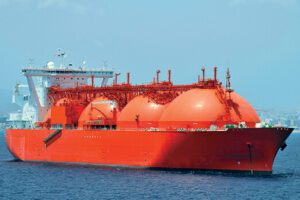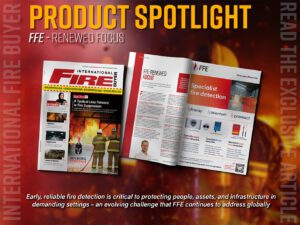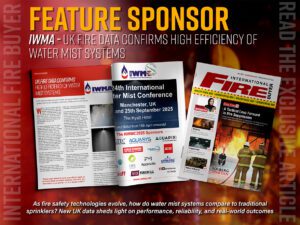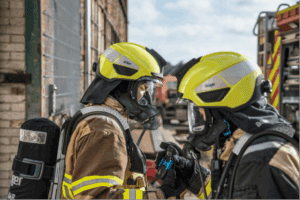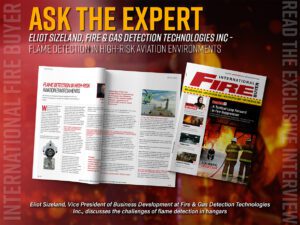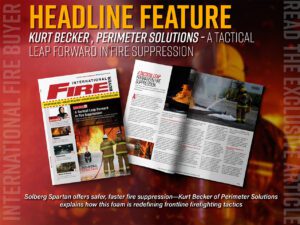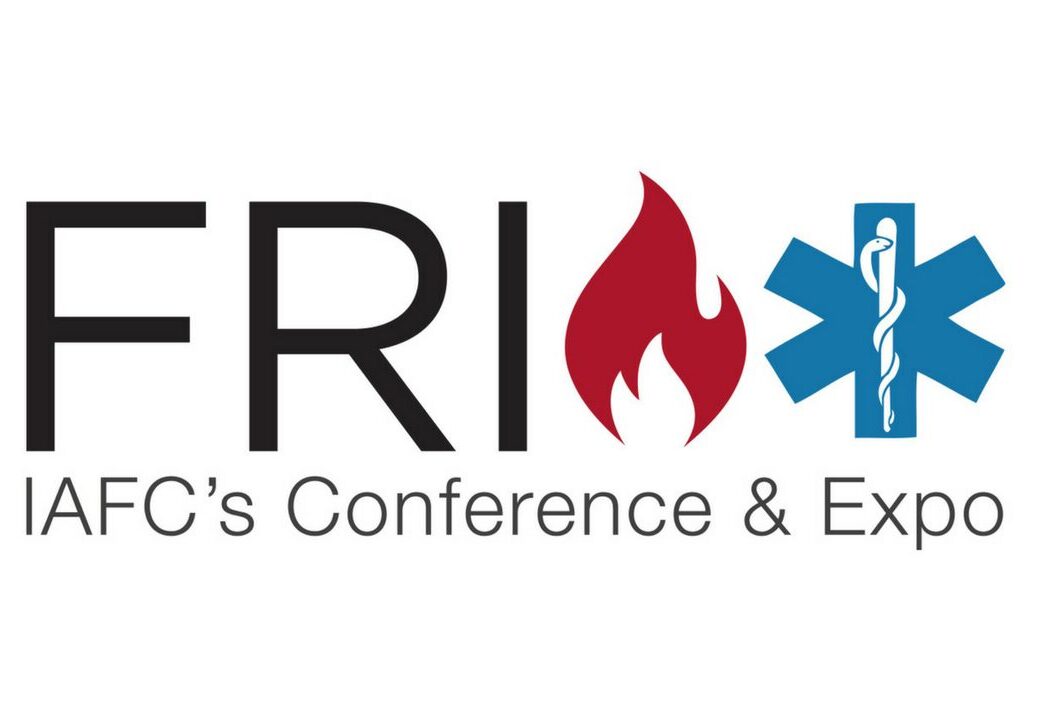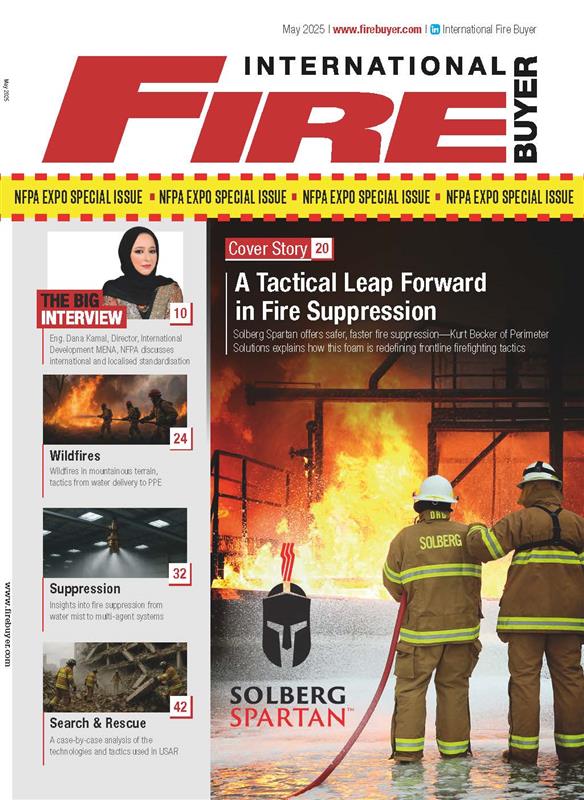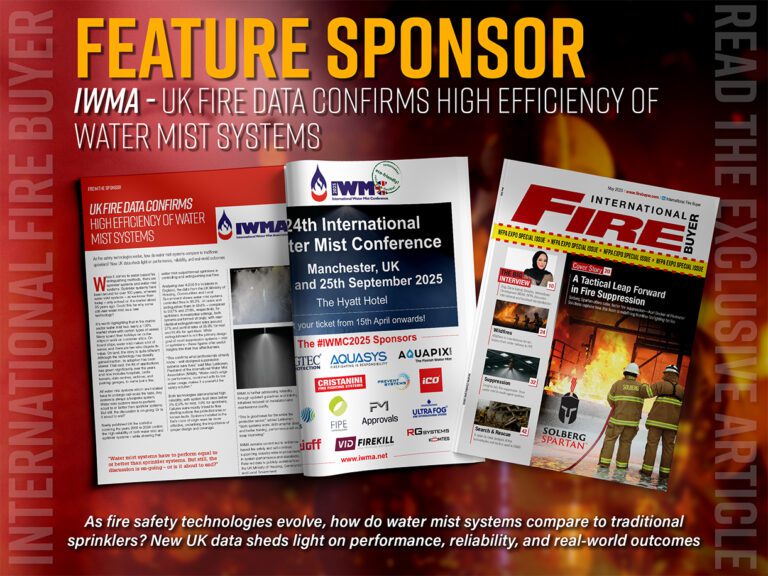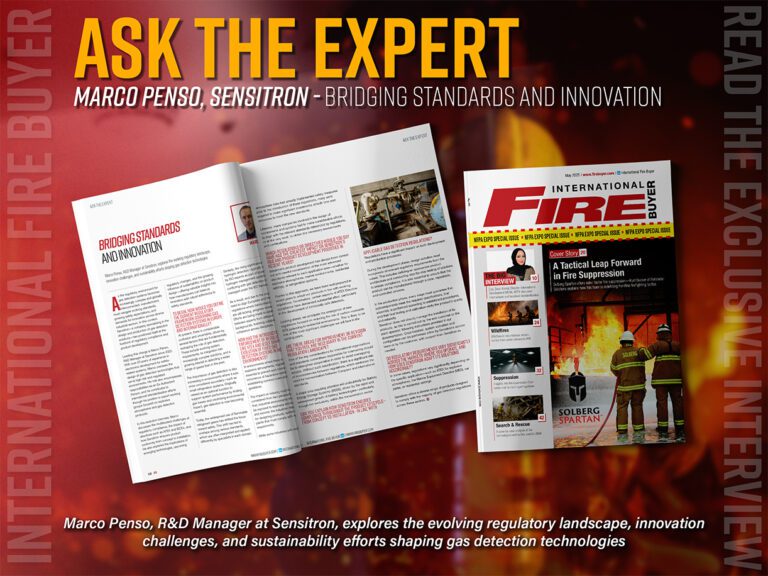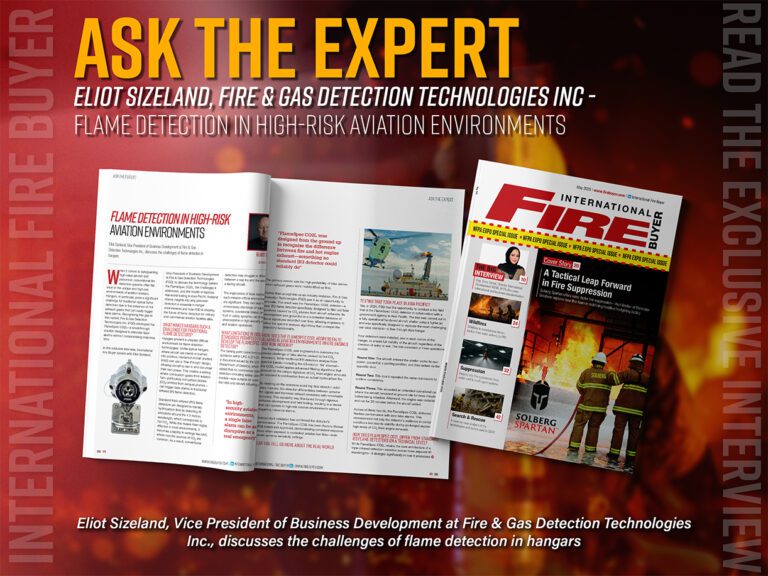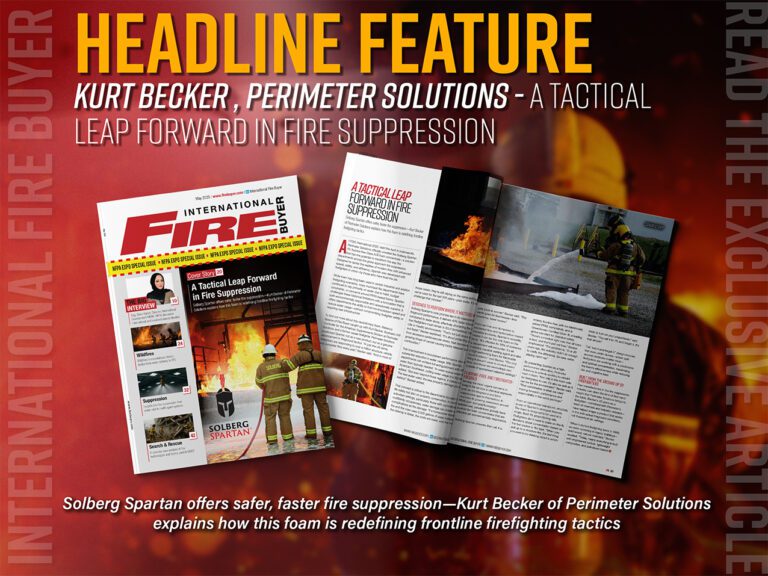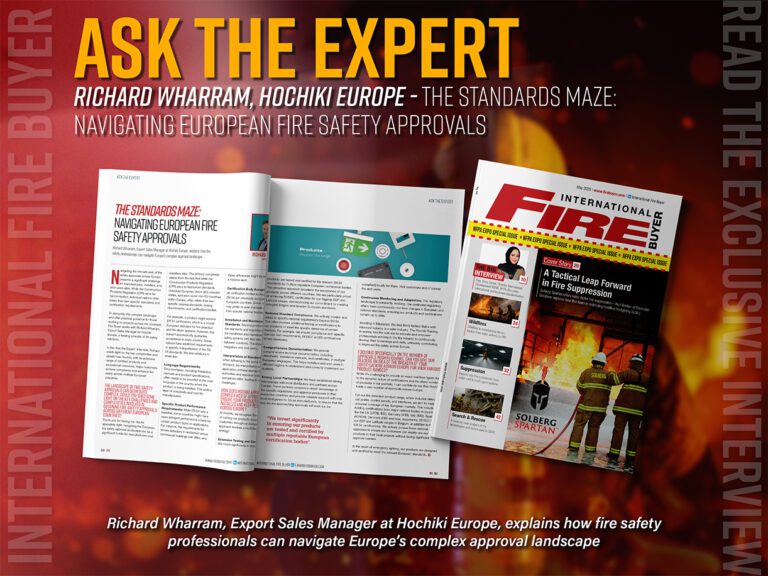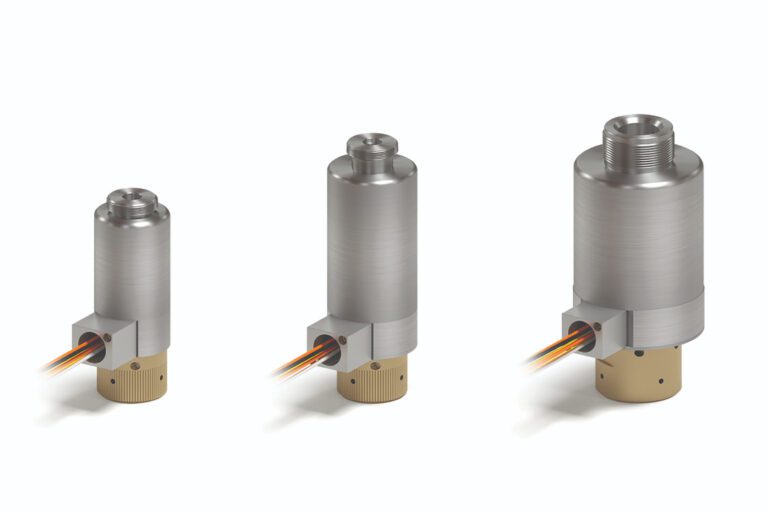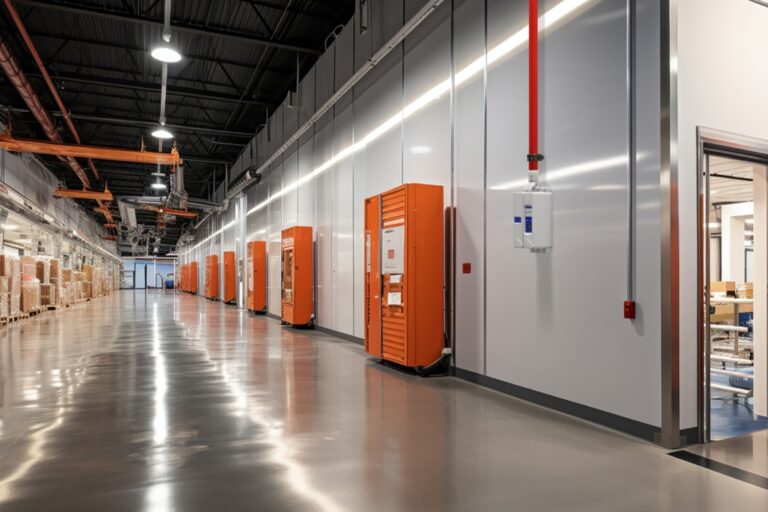Ahead of the NFPA Conference and Expo Fire Buyer speaks with Eng. Dana Kamal, Director, International Business Development MENA, NFPA about the globalisation of standards
Eng. Dana Kamal is the Director of International Business Development for MENA at NFPA. A seasoned healthcare engineering expert with over 22 years of experience, Dana has led strategic business development, facilities planning, project implementation, and education initiatives across diverse workstreams in the healthcare sector.
At NFPA, Dana drives strategic growth and stakeholder engagement, collaborating closely with government authorities and sector leaders on regulatory, legislative, and technical matters to champion fire and life safety codes and standards.
Notably, she played a key role in facilitating the establishment of NFPA’s first International Regional office in MENA, marking a major milestone for the organization’s global outreach. Dana has been recognized for her leadership and contributions to the field, including her nomination as a Women Trailblazer in Security and Fire Safety, and earning a highly commenced rank as award winner at the Intersec Dubai 2024 Awards.
Dana holds a bachelor’s in Biomedical Engineering and a master’s in Healthcare Management. She is certified in NFPA Life Safety Code 101 and holds additional credentials in Healthcare Safety, Emergency Management, and Fire Safety from IBFCSM, USA. She has completed training in Hospital Planning and Design from e-Cornell and holds an Executive Director diploma from IMAC. Dana is also an active member of ASHE and the American Hospital Association.
The NFPA Conference & Expo continues to draw distinguished delegations from the MENA region. What does this grow participation signal about the region’s priorities in fire and life safety?
The increasing participation of distinguished delegations from the MENA region at the NFPA Conference & Expo highlights the region’s strong commitment to prioritising fire and life safety. It reflects a clear focus on adopting international best practices, enhancing regulatory frameworks, and encouraging cross-border collaboration to build safer communities.
In your view, how has the NFPA Conference & Expo evolved in recent years to better serve the needs of policymakers and safety professionals from the MENA region?
In recent years, the NFPA Conference & Expo has grown considerably, enhancing its technical programs, workshops, and networking platforms to provide professionals from the region with deeper insights into critical safety challenges. There has been a notable increase in participation from the regional delegations, not just as attendees, but as active contributors to the global conversation on fire and life safety. Last year we saw significant contributions from our Middle East partners. From the UAE, both Dubai Civil Defence and Abu Dhabi Civil Defence Authority were actively involved. Saudi Arabia was well represented by several key partner organizations, including Saudi Aramco, SASO (Saudi Standards, Metrology and Quality Organization), and Saudi Civil Defence. We also had the privilege of signing an MoU with Bahrain Civil Defence, represented by an esteemed delegate. Kuwait Fire Force also participated, along with several other regional partners.
Their involvement was extensive, ranging from speaking engagements at the conference to participation in the Expo. Notably, Abu Dhabi Civil Defence became the first Middle Eastern organisation to present at the NFPA Expo in 2024. In addition, many professionals took part in technical sessions, while others held productive meetings with NFPA leadership to explore business opportunities and future collaborations.
Can you elaborate on how the Expo platform helps regional stakeholders gain actionable global insights to address local challenges?
The Expo serves as a vital bridge between global best practices and their application within the MENA region. For regional stakeholders, it offers valuable exposure to cutting-edge technologies, innovative emergency response models, and the latest developments in safety standards, codes, and regulations. Through access to real-world case studies and policy experiences, participants can explore practical insights that can be tailored to local needs. The Expo also provides a dynamic platform for regional leaders to engage in meaningful dialogue, build strategic networks, learn and takeaway actionable strategies to implement back home.
How is NFPA working to balance international standards with regional specificity, especially when it comes to infrastructure and climate variances in MENA?
NFPA’s entry into the MENA region was driven by the need to support governments, Civil Defense authorities, and fire safety professionals in addressing region-specific challenges, particularly those related to infrastructure, climate, and urban development. Recognising that a one-size-fits-all approach doesn’t work, NFPA has focused on delivering customised training, technical workshops, and capacity-building programs that align global standards with local realities. These efforts help ensure that international codes are effectively adapted to meet the region’s needs, including complex issues such as high-rise building safety, industrial risk mitigation, and emergency preparedness. By sharing technical expertise and facilitating ongoing dialogue with regional stakeholders, NFPA is actively contributing to the development of more resilient and context-appropriate fire and life safety systems across the MENA region.
Can you discuss any standout partnership initiatives where NFPA’s global expertise has directly contributed to enhanced fire safety outcomes at the local level?
In the past few years NFPA have progressed proudly with great partnerships experiences and achievements throughout the region; for example, we can say that by now almost every GCC Civil Defense authority is a strategic partner with NFPA, in addition we have built strong partnership with industrial sectors such as electrical, oil and gas, aluminum manufacturing amongst others.
We have also initiated academic collaborations with universities across the region. In parallel, since the launch of the NFPA AEN training model, we have been actively promoting it through established training centers and academies specialising in fire, safety, and security. These partnerships help deliver NFPA courses via authorised training providers and certified instructors.
Notable examples include the Oman Safety and Security Training Centre, QHSSE in Egypt, Crash Safety Institute, the National Training Institute, NAFCO Training Centre in Saudi Arabia, and most recently, the launch of Trainovation Fire and Safety Academy in Abu Dhabi. This new academy will serve as a hub for delivering NFPA training programs both locally and across the region…
To read the full interview see our latest issue here.



